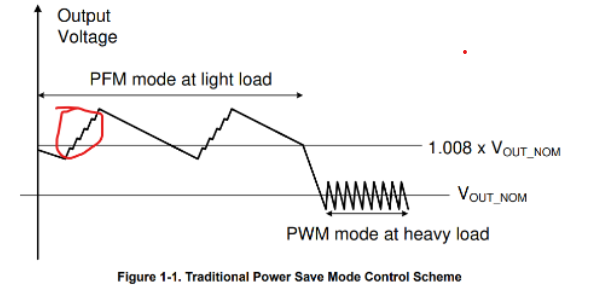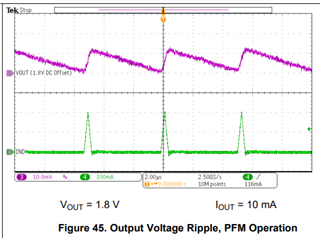Other Parts Discussed in Thread: TPS62840, TPS62200, TPS62080, TPS62260, TPS62290
Dear TI team,
We are evaluating some options for buck converters. We are using the TPS62740DSSR in another project, but the input range is limited to 5.5V.
Could you recommend a similar set of components that allows an input voltage of up to 6V?
The datasheet of the TPS62740DSSR describes that the absolute maximum Vin range is 6V but this doesn't guarantee the normal operation of the device, right?
We have found that the TPS62840 could be a possible part. It also shows a VIN range of 1.8-V to 6.5 and a lower quiescent current of 60nA. Are there any other parts you could suggest?
Within this set of alternatives, are there options that integrate the VLOAD pin feature?
Thank you for your attention,
Fabio



